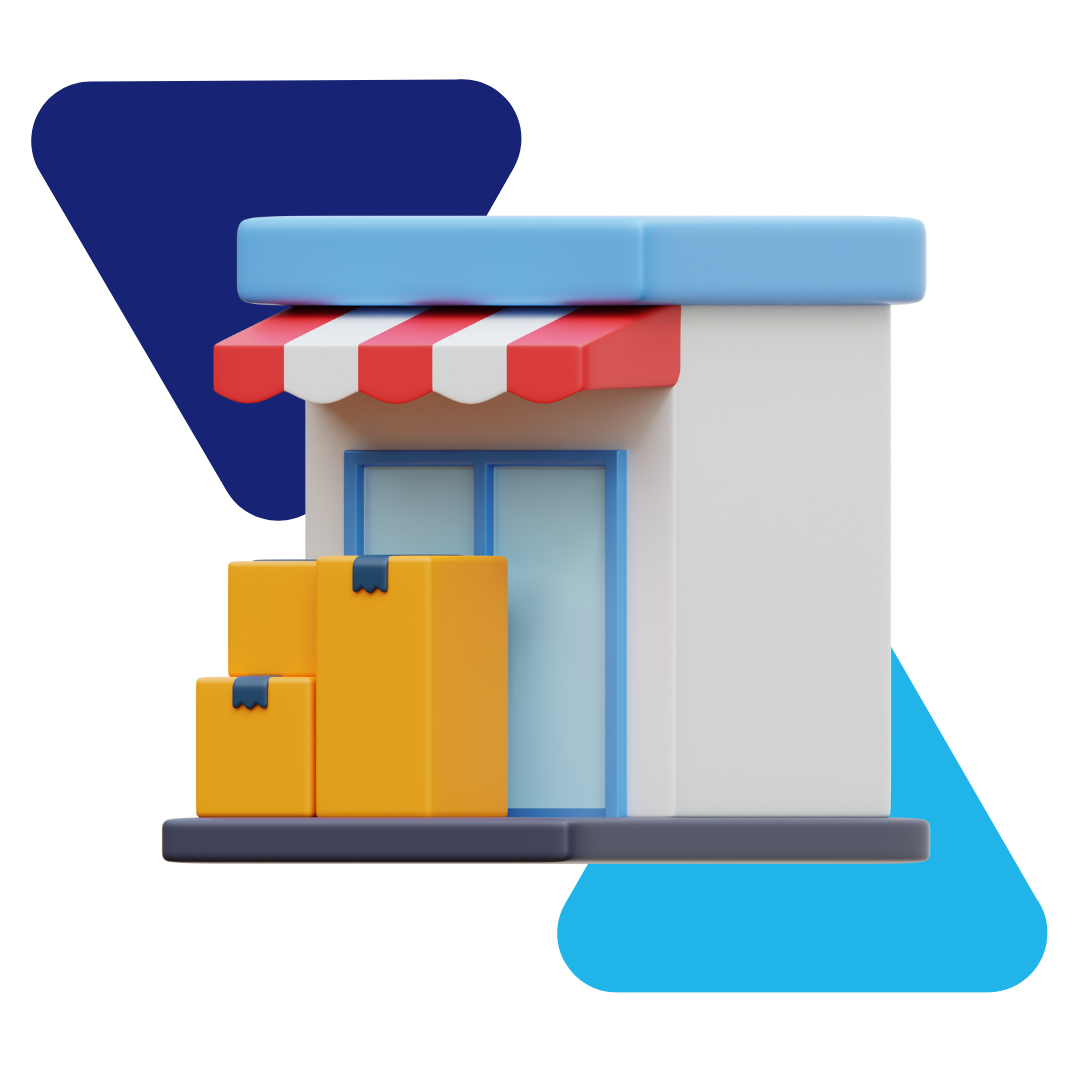Direct Sales Fulfillment
High-volume order fulfillment services for multi-level marketers

DSA Member
We are a DSA member that works with 10 of the country’s top direct sales companies.
Integrations
Staci Americas integrates seamlessly with Exigo, Magento, InfoTrax and other commerce platforms popular among direct sellers.
Kitting
Our systems are customized to meet the unique kitting and packaging requirements of party planners and sales consultants.
Staci Americas has a strategic focus on direct sales fulfillment.
Staci Americas is a national 3PL fulfillment provider that specializes in scalable solutions for companies that are beyond the start-up phase and in need of professional advice and execution for high-volume fulfillment operations. Our processes, systems and labor continually adapt to your changing requirements, so your fulfillment costs parallel your revenue stream. Leverage our expertise, infrastructure and systems to achieve world-class fulfillment with no capital investments.
Reduce Costs
Focus on Growth
Manage your Brand
Respond to Post-Convention Volume Surges
Real Time Visibility
Customize Orders

Reduce Costs
Save up to 25% on fulfillment costs versus in-house operations.

Focus on Growth
Staci Americas' fulfillment system can intelligently batch orders by SKU type and carrier type to create a highly accurate, highly efficient, pick and pack warehouse process.

Manage your Brand
We carefully manage how the product leaves our facility (right box, right packaging, right inserts) so that your customer has a positive experience.

Respond to Post-Convention Volume Surges
Through careful pre-planning and strategic use of trained temporary labor, we can meet all direct sales and MLM fulfillment requirements during volume surges.

Real Time Visibility
Web portal provides 24/7, real-time order and inventory data.

Customize Orders
Include different inserts depending on the product purchased and even include a personal note to the customer.

Fulfillment Packaging for Direct Sales
Choose Staci Americas because
Exacting approach to fulfillment warehouse operations: process driven, metrics driven, results driven.
Choose Staci Americas because
Experience working with large direct sellers and multi-level marketers and their sales teams.
Choose Staci Americas because
Well versed in party plan order fulfillment for host and guests.
Choose Staci Americas because
Systems custom-designed for high-volume order fulfillment.
Choose Staci Americas because
Easy integration between our system and your internal systems.
Direct Seller Fulfillment Systems
Our systems are specially adapted to the needs of direct sellers. You need to know your orders will flow seamlessly between your direct selling platform and your fulfillment partner’s warehouse management system. In today's marketplace, managing warehouse fulfillment through state-of-the-art technology is critical to delivering the kind of customer service that helps achieve your growth goals. With Staci Americas' web-based solutions, there's no need for additional third-party order management software. We've invested in the technology to support your business from day one.
Easy Integrations
Staci Americas already serves companies using top commerce platforms like Exigo, Magento and InfoTrax. Data integration expertise, with systems experts who build the required application program interfaces (APIs).
Custom Systems
Systems custom-designed for high-volume order fulfillment. Check out how we use Pick to Light technology to support a large direct seller.
MLM Order Fulfillment
Our system has been designed to handle the unique order processing requirements of direct sellers by creating a pack slip for each individual order and adding them to a master case to ship to the planner.
Real-time Visibility
Web portal provides 24/7, real-time order and inventory data. Real-time visibility to order and inventory data, either through an online portal or by pushing data automatically to your system.
Value Added Services
Comprehensive services for MLMs. Easily create kits on the fly – where multiple SKUs are bundled to create new products within the system.
Comprehensive Services for MLMs
Host and Guest Orders
Host and guest orders sent separately or “embedded” in a party order.
Guest Order Package
Each guest order is packaged separately inside master carton with individual pack slip
Host Order
Host order is packaged and included in master carton
Tracking Number
Tracking number provided for master carton(s) and assigned to either Host or party order
Tracking Information
Tracking info also can be provided on host and each guest order so client can close orders in their system
Order Shipment
Ship orders direct to guest, as needed
Comprehensive Services for MLMs
Host and Guest Orders
Host and guest orders sent separately or “embedded” in a party order.
Guest Order Package
Each guest order is packaged separately inside master carton with individual pack slip
Host Order
Host order is packaged and included in master carton
Tracking Number
Tracking Number provided for master carton(s) and assigned to either. Host or party order
Tracking Information
Trancking info also can be provided on host and each guard order so client can close orders in their system
Order Shipment
Ship orders direct to guest, as needed
Ready to get started?
We are here to answer your questions

